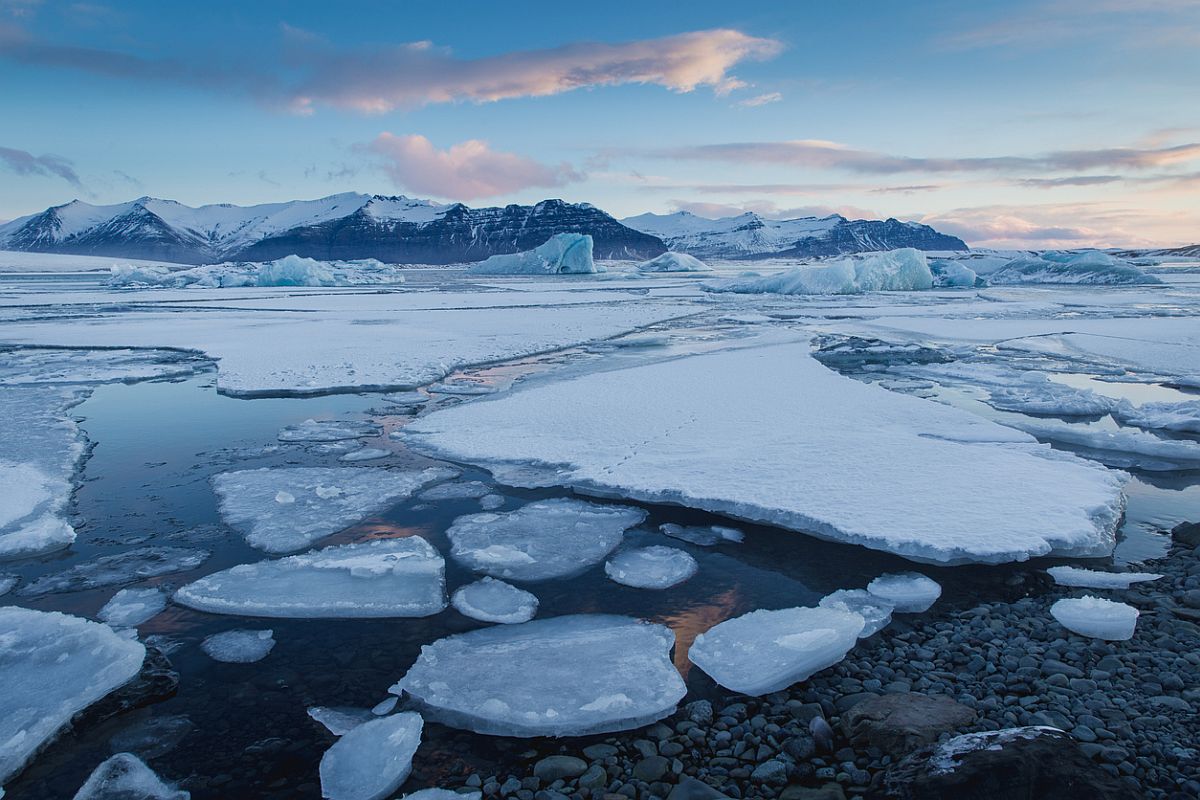Seasonal migration of Gujjars & Bakkerwals to high pastures during LS polls worrying opposition parties in J&K
Political parties are worried that the migration is bound to upset their poll calculations.
This will prevent refugees from being compelled to return to their native countries, where they may suffer danger. Asylum seekers from vulnerable areas must also be absorbed in proportion to their greenhouse gas emissions in host countries. Given the severity of the expected Global Environmental Changes and accompanying impacts, the researchers suggest that taking early and adequate action is critical.

(Photo: iStock)
Indian Institute of Technology Madras Researchers working with an Independent Research Scholar has suggested a normative framework to address cross-border migration due to climate change. With climate change intensifying the push to migrate, the researchers have suggested that all asylum seekers have to be absorbed into host countries under the principle of non refoulement.
This will prevent refugees from being compelled to return to their native countries, where they may suffer danger. Asylum seekers from vulnerable areas must also be absorbed in proportion to their greenhouse gas emissions in host countries. Given the severity of the expected Global Environmental Changes and accompanying impacts, the researchers suggest that taking early and adequate action is critical.
The question of whether or not this person migrated as a result of climate change may never be fully answered.
Advertisement
Prof. Sudhir C. Rajan, Department of Humanities and Social Sciences, IIT Madras, and Dr. Sujatha Byravan, an Independent Scholar, have released a Research paper titled “Cross Border Migration on a Warming Planet: A Policy Framework,” which addresses this problem.
They provide a normative framework for dealing with cross-border migration, as well as responses to it. WIRES Climate Change, a prestigious peer-reviewed publication, published the paper. Prof. Sudhir Chella Rajan, Department of Humanities and Social Sciences, IIT Madras, spoke about the need for such research, saying, “In recent years, the rising threats of environmental disasters, especially climate change, have reinforced the pressure to migrate.”
The teeming slums of Bangladesh’s metropolis, Dhaka, are one such example, with citizens on the frontlines of a climatic crisis. Due to monsoon flooding and cyclones induced by rising sea levels, people living near the coast have started migrating to Bangladesh’s capital. The fear of severe climate change is not far away for these residents. It’s a bleak reality.”
“Climate scientists have known for more than a decade that tens of millions, if not more, will be forcibly displaced from some of the poorest countries as a result of climate change,” stated Prof. Sudhir C. Rajan, Department of Humanities and Social Sciences, IIT Madras. The international community has a moral responsibility to provide asylum if their countries are no longer viable homes due to no fault of their own.”
“There is an urgent need to ensure that people from nations that have released very little greenhouse gasses are not left fending for themselves,” Dr. Sujatha Byravan, Co-Author of this Research and an Independent Scholar, remarked. Climate migrants or exiles have no legal status. These are the kinds of issues that should be addressed in the Loss and Damage track of the climate negotiations under non-economic damages.”
Refugee vs. Asylum Seeker vs. Environmental Migrant (IIT Madras Researchers’ Definition):
Who is a Refugee
“a person who is outside his or her place of nationality or habitual residence; has a well-founded fear of being persecuted because of his or her ethnicity, religion, or other characteristics; and is unable to employ that country’s protection or return there for fear of persecution.”
Who is Asylum seeker
A person who has applied for protection under the Convention but is still awaiting the outcome of their application for refugee status.
Who is a Environmental Migrant
A person who is compelled to leave their home, primarily due to climate or other environmental change. The term ‘climate exiles’ is used by the researchers in the study to describe cross-border environmental migrants who are primarily motivated by climate change.
At the international and national levels, there is a lack of a consistent institutional and legal framework to defend the rights of climate exiles. As a result, urgent work on international law to safeguard climate exiles is required.
Advertisement